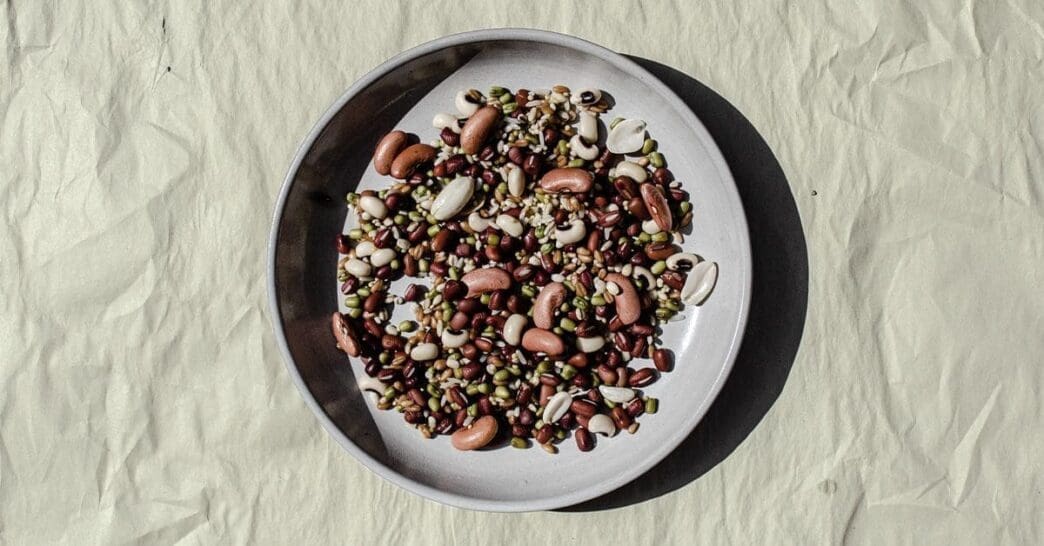A groundbreaking study from the Harvard T.H. Chan School of Public Health reveals that a higher intake of plant-based protein is associated with a significant reduction in heart disease risk among Americans.
Heart disease remains the leading cause of death in the United States, prompting researchers to explore dietary factors that might mitigate this health crisis. A recent 30-year study has highlighted the potential benefits of consuming plant-based proteins over animal proteins in reducing the risk of coronary heart disease (CHD) and cardiovascular disease (CVD).
The study, involving over 200,000 participants, found that individuals who consumed a higher ratio of plant-based protein had a 19% lower risk of CVD and a 27% lower risk of CHD. This finding underscores the importance of dietary choices in managing heart health, especially since heart disease accounts for one in five deaths in the U.S.
Participants were meticulously monitored, with data collected every two to four years, including food frequency questionnaires that detailed their protein consumption. Those who developed major illnesses or altered their diets significantly were excluded from the study, ensuring the integrity of the data.
Notably, the study indicated that people with a greater intake of plant proteins typically had lower body mass indexes, were less likely to smoke, and tended to be more physically active. Despite these compelling results, the researchers did not establish a definitive plant-to-animal protein ratio for optimal heart health. However, they suggested a 1:2 ratio of plant to animal protein could decrease CVD risks, while a 1:1.3 ratio might be more effective for CHD risk.
Experts like Dr. John Higgins and Dr. Cheng-Han Chen, although not involved in the study, affirm these findings. Dr. Higgins notes that the study aligns with previous research supporting plant-protein-based diets, such as the Mediterranean diet, which are linked to improved heart health. Dr. Chen elaborates that adjusting the protein ratio is feasible for most Americans, needing only a slight dietary modification to achieve significant health benefits.
For those aiming to increase their plant protein intake, practical strategies include incorporating more beans, tofu, and nuts into meals, or opting for protein-rich vegetables and grains like quinoa and spinach. This shift not only supports heart health but may also enhance overall wellbeing by reducing risks for other conditions like diabetes and obesity.
The promising results of this extensive study advocate for a dietary shift towards plant-based proteins to reduce heart disease risks significantly. While further research is needed to determine the optimal balance between plant and animal proteins, the current evidence strongly supports integrating more non-animal proteins into daily diets for better heart health outcomes.
The study’s findings were published in the esteemed American Journal of Clinical Nutrition, a well-respected peer-reviewed journal recognized for its commitment to sharing innovative research related to nutrition and its effects on health.
Source: MedicalNewsToday








